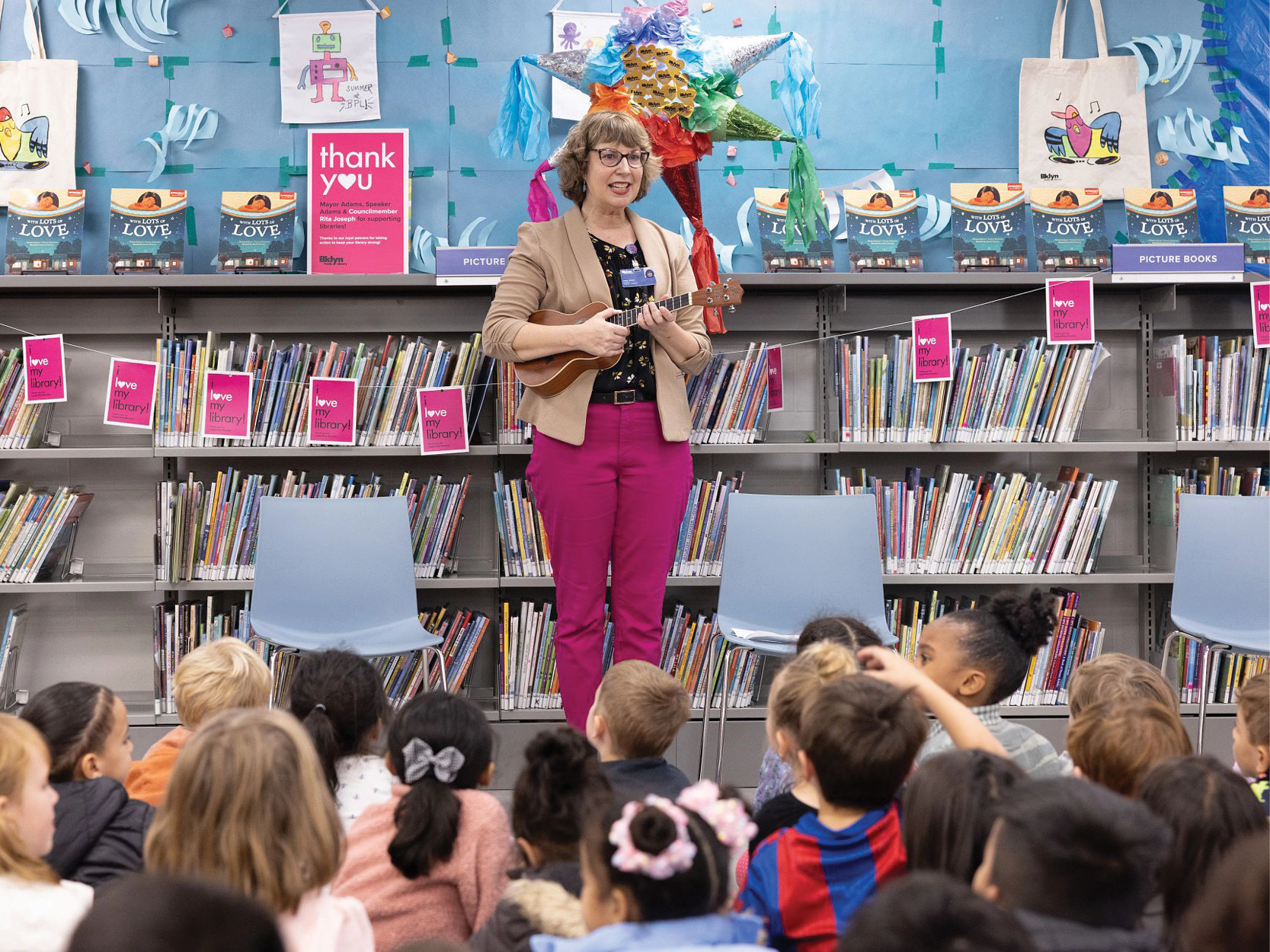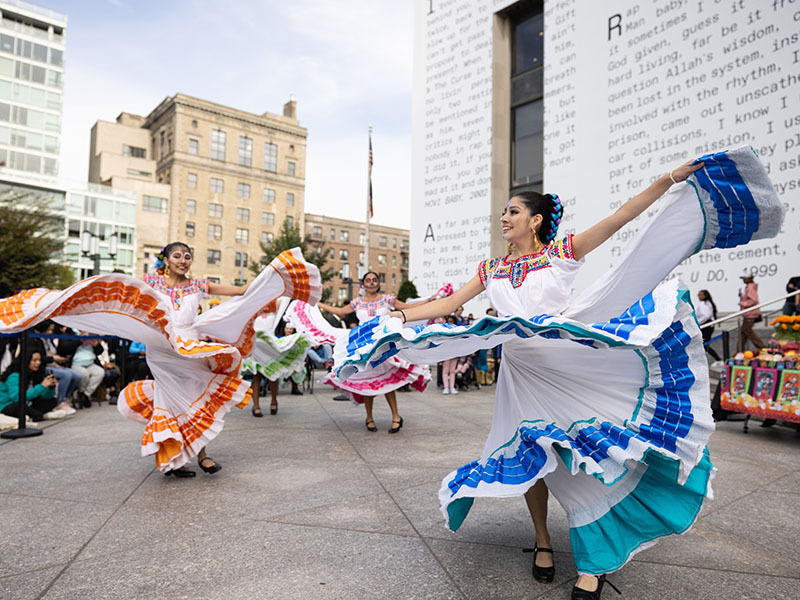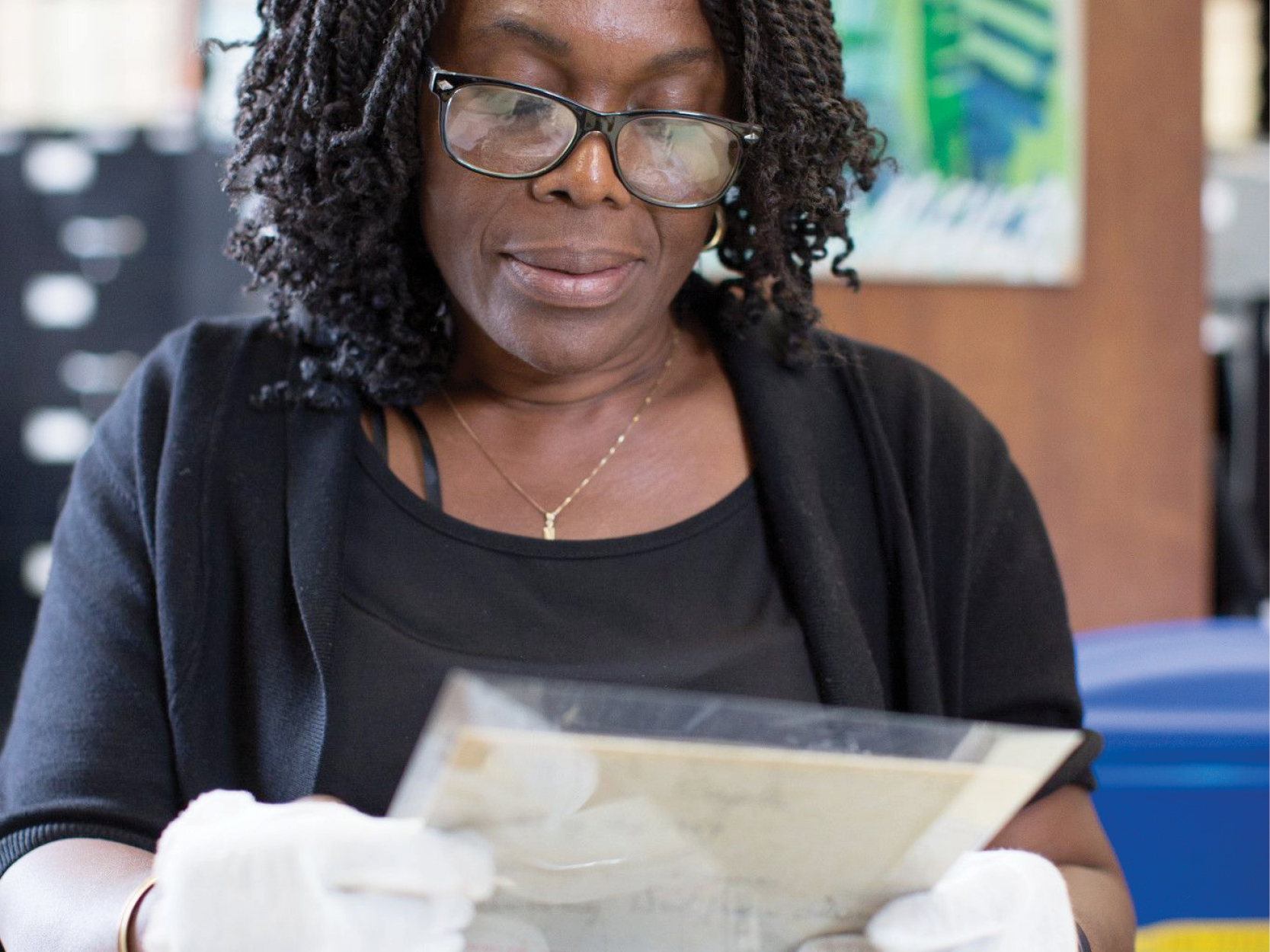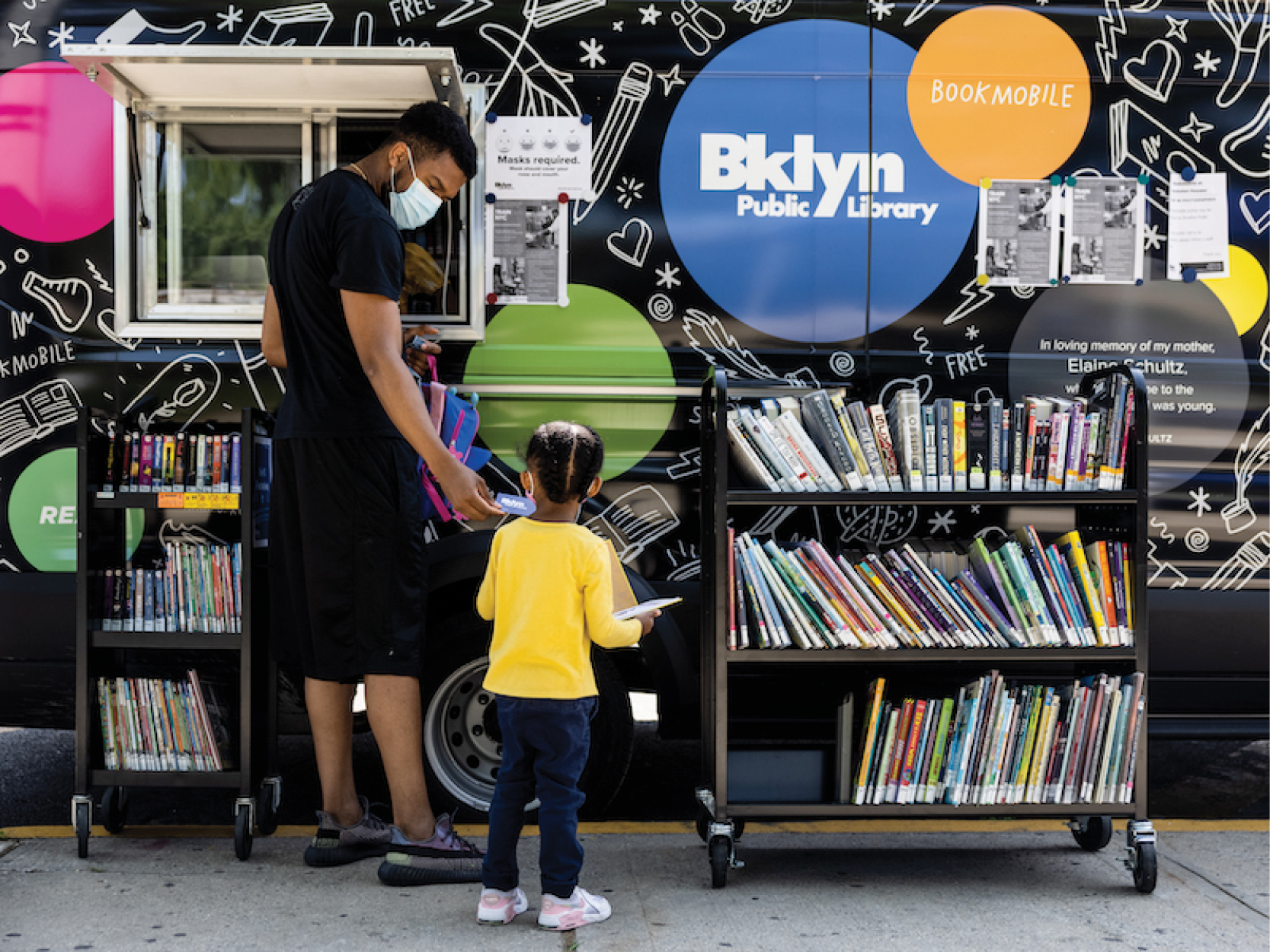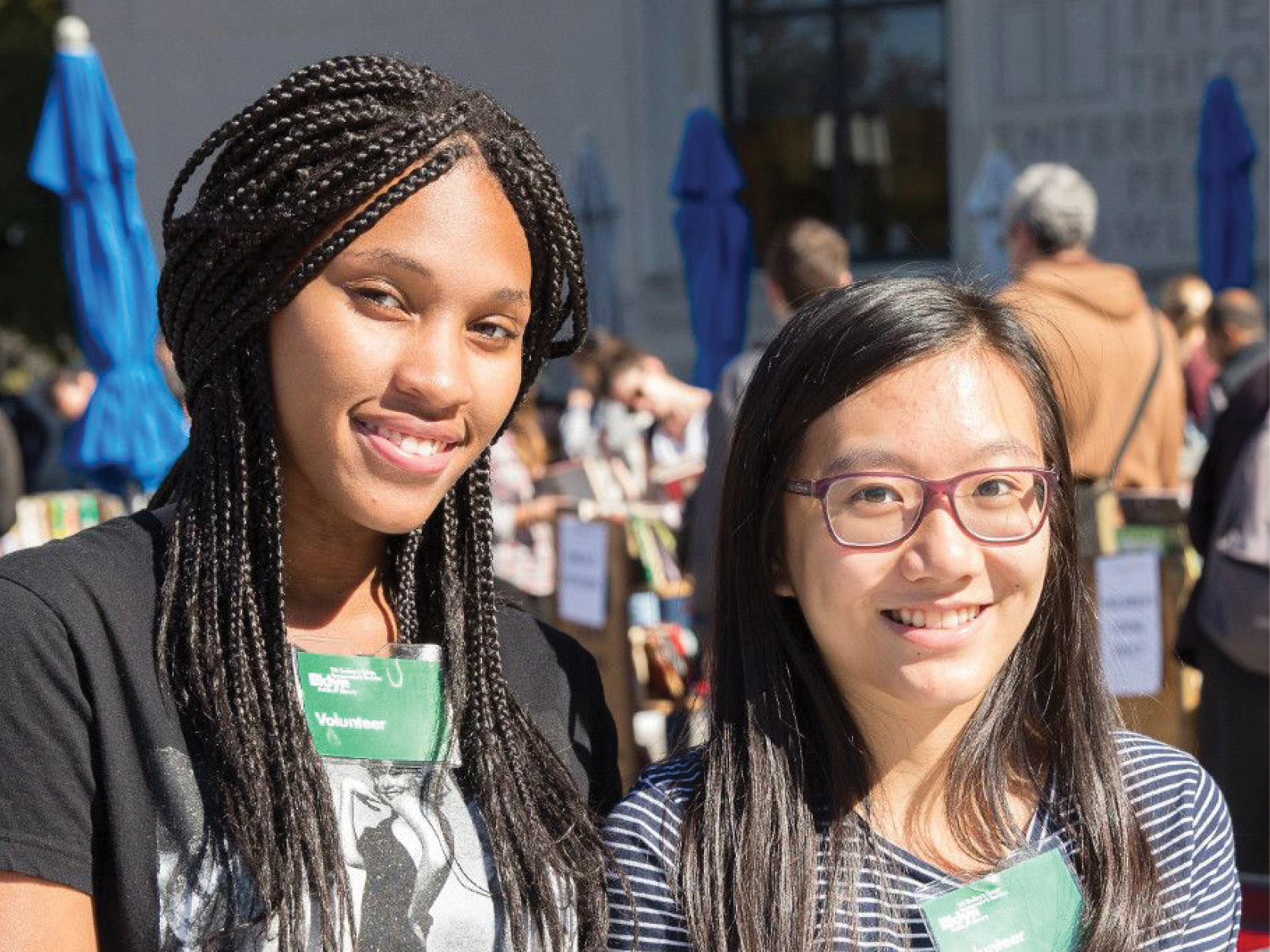
The photograph featured in today's photo of the week shows the demolition of the old Kings County Courthouse in 1961. Only the portico of the once Palladian structure--now a carcass of stone and marble--remains.
The courthouse, erected in the 1860s and designed by architects Gamaliel King and Herman Teckritz, was once one of Brooklyn's finest civic structures. Located on 250 Joralemon Street in downtown Brooklyn, the building, with its spectacular ribbed dome and imposing marble edifice, stood for nearly a century. In 1875 Henry Ward Beecher, founding pastor of the nearby Plymouth Church, was famously tried for adultery at the courthouse. More mundane cases and public auctions were also held in the massive rotunda and inner chambers. Today, Brooklyn Law School inhabits the space.
The photograph is also symbolic of the dismantling of old systems of justice. On Monday, June 15, 2020, the US Supreme Court issued a landmark ruling prohibiting discrimination based on sexual orientation and gender identity in the workplace. The decision is a hard-fought win for LGBTQ+communities and, in particular, for trans people of color who are disproportionately affected by discrimination, violence, and harassment in their daily lives. The decision comes a week after fifteen thousand people--most wearing white in a nod to the NAACP's 1917 Silent Protest Parade--gathered in front of Brooklyn Museum in support of Black trans and gender non-conforming communities across the United States. It also comes nearly two weeks after two Black trans women, Dominique "Rem'Mie" Fells, 27, of Philadelphia, and Riah Milton, 25, of Cincinnati, Ohio, were brutally murdered. While the ruling is a major victory for LGBTQ+rights in the workplace, there is still no comprehensive non-discrimination law that includes gender identity on a federal level.
To learn more about LGBTQ+communities in Brooklyn, explore our research guide here. Interested in seeing more photos from BHS’s collection? Visit our online image gallery, which includes a selection of our images. We look forward to inviting you back to BHS in the future to research in our entire collection of images, archives, maps, and special collections. In the meantime, you can use our Remote Research Guide to get started. Our reference staff are still available to help with your research! You can reach us at library@brooklynhistory.org.
This blog post reflects the opinions of the author and does not necessarily represent the views of Brooklyn Public Library.
Post a Comment
While BPL encourages an open forum, posts and comments are moderated by library staff. BPL reserves the right, within its sole discretion, not to post and to remove submissions or comments that are unlawful or violate this policy. While comments will not be edited by BPL personnel, a comment may be deleted if it violates our comment policy.
eNews Signup
Get the latest updates from BPL and be the first to know about new programs, author talks, exciting events and opportunities to support your local library.


